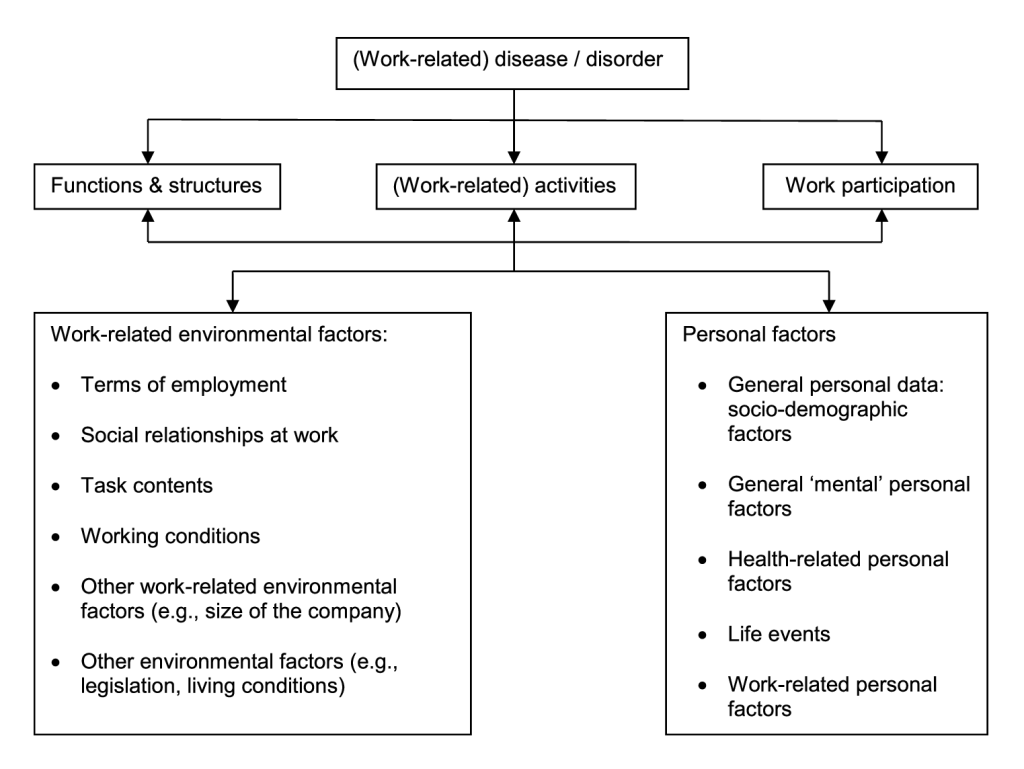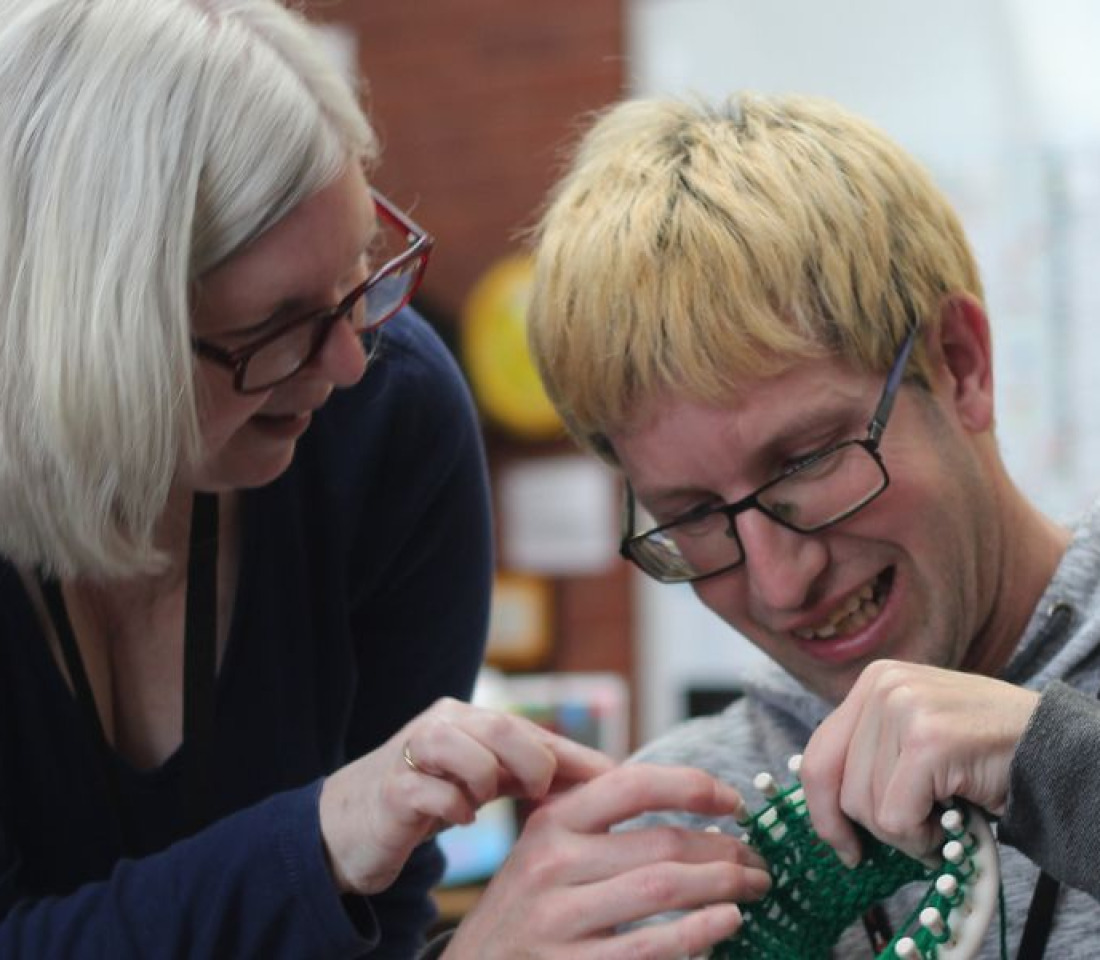Research spotlight on developmental dyslexia
Based on lived experiences of adults with developmental dyslexia, this review highlighted that “there is too little knowledge on how to accommodate [individuals] in the workplace and give them the right type of support.” (p.18.)
De Beer, J., Heerkens, Y., Engels, J. et al. (2022). Factors relevant to work participation from the perspective of adults with developmental dyslexia: a systematic review of qualitative studies.
BMC Public Health 22, 1083. https://doi.org/10.1186/s12889-022-13436
Key findings
- Individuals continue to experience fear of discrimination and stigma linked to disclosing dyslexia in the workplace
- Line managers play a key role in workplace experiences for individuals with developmental dyslexia
- Future research should focus on understanding the perspectives of all individuals in the workplace, including individuals with developmental dyslexia, their colleagues, line manager and the employer
Overview
Joost de Beer and his colleagues reviewed 19 studies published between 2013 and 2019 that captured workplace experiences from the perspectives of North American and Northern European adults who had a diagnosis of developmental dyslexia (DD).
The studies included the narratives of 258 individuals between 18-65 years of age who worked in different occupations, including health, education, and transport.
Advocating a strengths-based approach to neurodiversity in the workplace, the review promoted the biopsychosocial model of DD to emphasise the role of biology, an individual’s thoughts and feelings, and the social environment on experiences at work.
The review aimed to use lived experiences to highlight barriers and to understand facilitators to job satisfaction and sustained employment for individuals with DD.
Strengths and challenges
DD reflects severe and enduring challenges with the development of reading skills that affects 1 in 14 children, and with twice as many males (compared with females) given a diagnosis.
While the diagnosis of developmental dyslexia often occurs in childhood, challenges continue through adolescence and into adulthood impacting an individual’s workplace experience.
Based on the narratives of individuals with DD, the review developed a framework to identify how personal factors and the workplace environment can mutually influence each other and impact day-to-day functioning in work (see Figure 1 below).
With respect to personal factors, the review found that individuals with developmental dyslexia frequently reported negative thoughts and feelings about the workplace reflecting low confidence, fear of failure and worries about being stigmatised.
In addition, narratives included concerns linked to core aspects of the job associated with reading and the acquisition of knowledge, communicating verbally and in writing and managing multiple and time-limited tasks.
These factors may be important in understanding opportunities for progression and challenges with securing and maintaining jobs.
Considering work-related environmental factors, individuals also shared thoughts and feelings about the importance of workplace relationships for self-disclosure and asking for help in work.
Creating Positive Workplace Environments
The predominance of negative perspectives about the workplace shared by individuals with DD sat alongside positive thoughts.
The review highlighted that understanding factors linked to positive experiences for individuals with DD can lead to the sharing and promotion of good workplace practice.
Positive elements included the presence of trusted line managers who work to support individuals with DD by building flexibility or introducing supportive technologies to complete tasks.
The review further highlighted that line managers may play a significant role in supporting individuals who choose to self-disclose by moderating co-workers’ negative comments or reactions.
The review also reported that some individuals found strength at work from developmental dyslexia.












